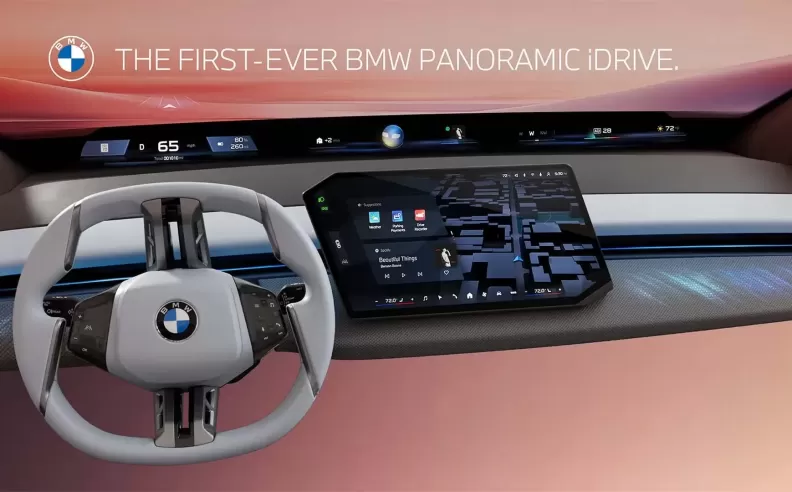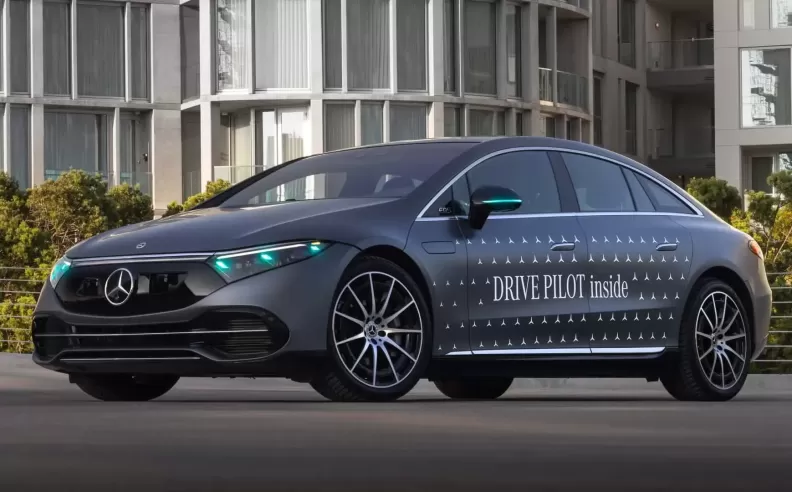
Mercedes-Benz has once again solidified its position as a pioneer in automotive technology by becoming the first automaker globally to secure permits for special exterior marker lights designed specifically for automated driving. These groundbreaking lights have received approval for testing in both California and Nevada, marking a significant leap forward in the integration of autonomous driving systems into our daily lives.
The California permit allows testing vehicles to be equipped with these unique lights for an initial two-year period. Meanwhile, the Nevada permit goes a step further, extending the usage of these lights to model year 2026 production vehicles. This approval is valid until statutory modifications are enacted, showcasing the automaker's commitment to staying ahead in the rapidly evolving field of autonomous driving.
So, what sets these marker lights apart, and why are they considered genius?
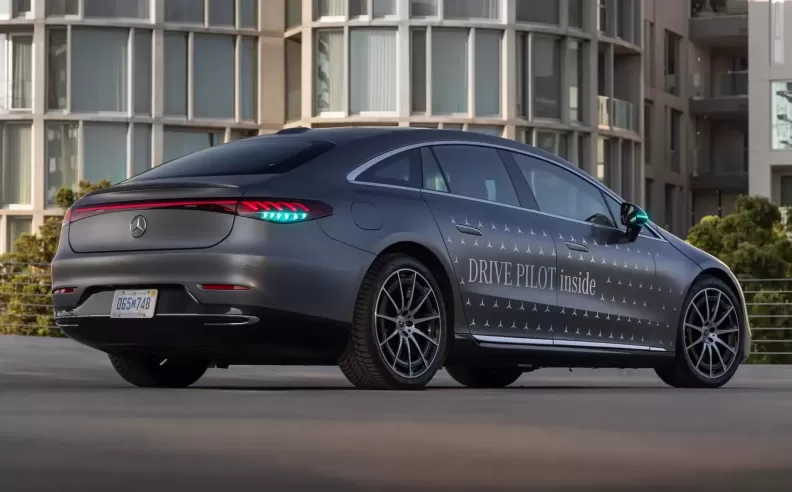
The introduction of these marker lights by Mercedes serves a crucial dual purpose – enhancing public acceptance of automated driving and bolstering road safety. Integrated seamlessly into the front and rear lights, as well as the two outside mirrors of testing vehicles, these turquoise-colored lights play a pivotal role in indicating the status of the automated driving system. This, in turn, aids both fellow road users and law enforcement in understanding the vehicle's autonomous capabilities.
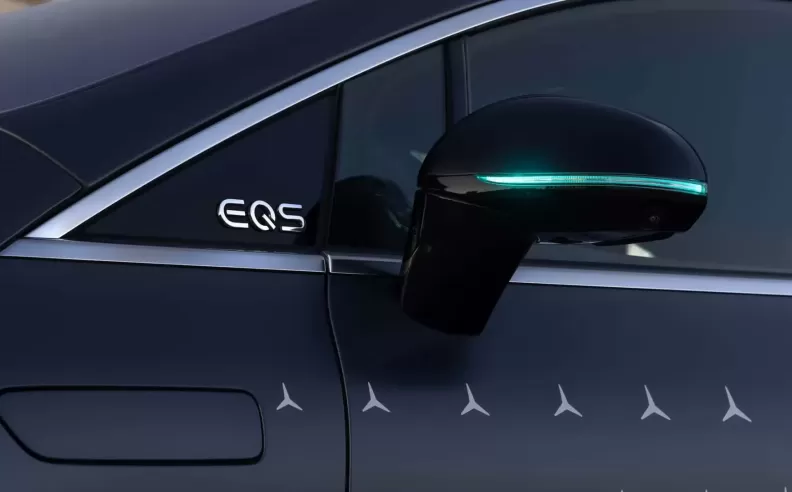
The first real-world application of these marker lights is with Mercedes' Drive Pilot, recognized as the world's first Level 3 system for conditionally automated driving with international type approval. Having been certified in Germany in 2021 and subsequently in Nevada and California in 2023, Drive Pilot is already available for order in Germany, showcasing the automaker's commitment to bringing cutting-edge technology to its customers.
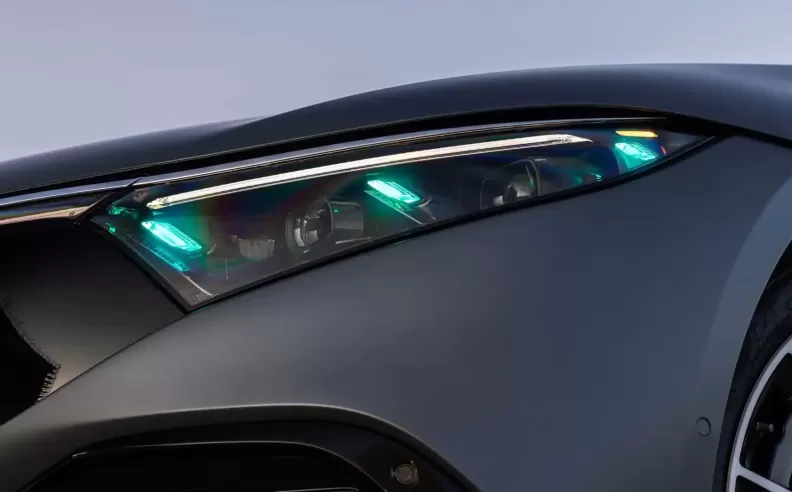
Why turquoise? Mercedes-Benz strategically chose this color for the marker lights due to its visibility and differentiation from existing lighting and traffic signals. The distinctive turquoise hue ensures rapid detection by other road users, minimizing the chances of confusion and enhancing overall safety on the road.
Furthermore, Mercedes aims to standardize the use of turquoise for these automated driving indicator lights. This not only provides a consistent and easily recognizable signal but also contributes to the global understanding and acceptance of this innovative technology.
In summary, spotting a Mercedes equipped with turquoise marker lights is not a cause for concern; quite the opposite. It's a testament to the automaker's commitment to pioneering initiatives that contribute to a safer and more harmonized driving future. By transparently communicating the status of automated driving systems, Mercedes-Benz is not only pushing the boundaries of technology but also ensuring that these advancements are seamlessly integrated into our everyday lives. As other automakers follow suit, the turquoise marker lights may become a universal symbol of trust and understanding in the realm of autonomous driving.
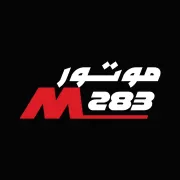
Wael is an automotive content writer specializes in creating written content for Motor 283. Producing a wide range of content, including blog posts, articles, product descriptions, reviews, and technical guides related to cars, trucks, motorcycles, and other vehicles, with an unprecedented passion for cars, and motorcycles.
